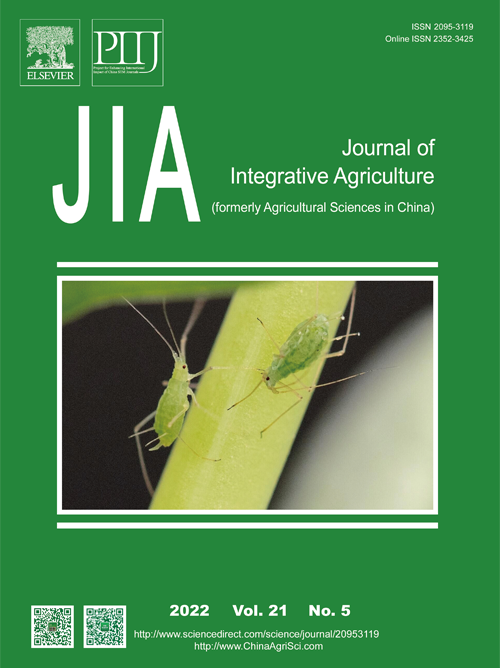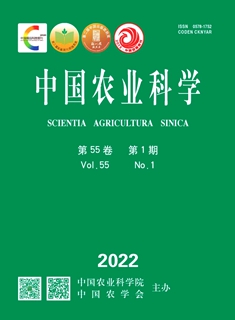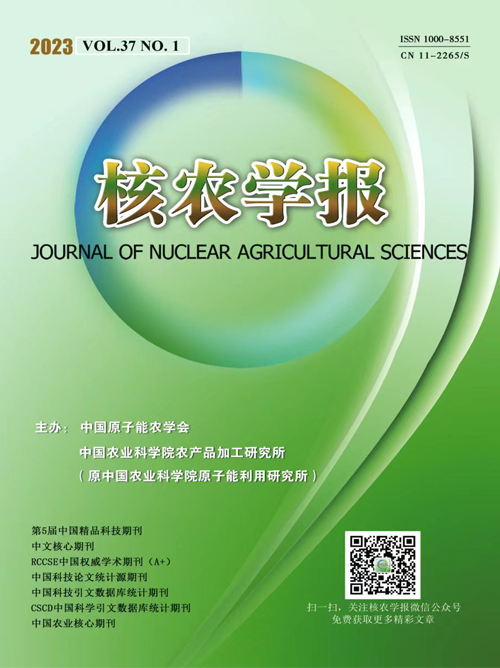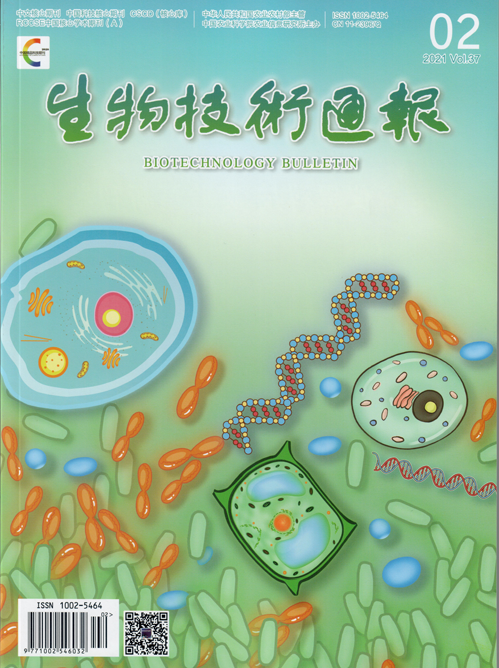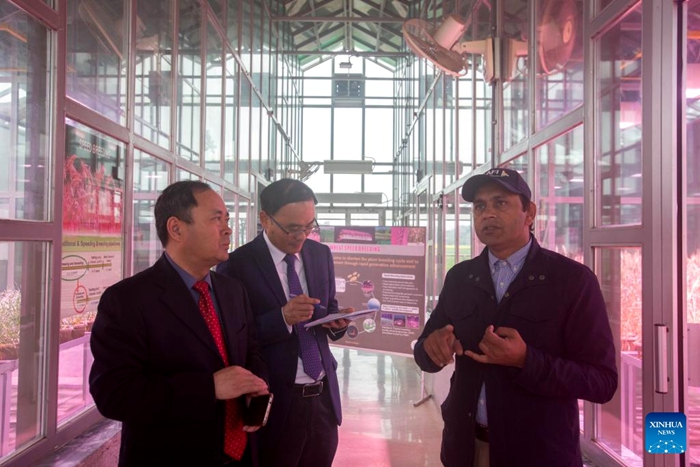
Zahid Mehmood (1st R), a senior scientist of Pakistan's National Agricultural Research Center's (NARC) wheat breeding program, introduces wheat speed breeding facility to researchers of the Institute of Crop Sciences of the Chinese Academy of Agricultural Sciences in Islamabad, Pakistan, March 7, 2024.
With wheat being a staple food crop of Pakistan, dominating all crops in terms of acreage, production and consumption, cooperation between Pakistan and China in enhancing the yield and quality of the major supply has ensured Pakistan's food security and helped in achieving the Sustainable Development Goals (SDGs) of the United Nations, experts have said.
by Raheela Nazir
ISLAMABAD, March 7 (Xinhua) -- With wheat being a staple food crop of Pakistan, dominating all crops in terms of acreage, production and consumption, cooperation between Pakistan and China in enhancing the yield and quality of the major supply has ensured Pakistan's food security and helped in achieving the Sustainable Development Goals (SDGs) of the United Nations, experts have said.
Pakistan produces 50 percent less wheat per hectare than China, but the country has a huge potential for improvement with Chinese assistance and an abundance of experience, said Pakistani and Chinese experts at the 2nd China-Pakistan Joint Wheat Molecular Breeding Conference held here on Wednesday.
Speaking to Xinhua on the sidelines of the conference, Shahid Mansoor, a scientist and a senior advisor at the International Center for Chemical and Biological Sciences, said Pakistan's per capita wheat consumption is one of the highest in the world and wheat contributes more than 70 percent of the South Asian country's daily caloric intake.
With the growing population and challenges like climate change and diseases, Mansoor said Pakistan needs to grow better varieties that are weather and disease-resistant and full of nutrients, adding that the transfer of Chinese technology and new agriculture techniques can play a pivotal role in this regard.
"At the moment, our aim is to not only increase wheat production but also use less area for that so that we can cultivate other crops to fulfill our dietary needs. There is a huge burden on our national exchequer as we need to import many edibles, including wheat and grains. We need to work with Chinese scientists to improve wheat breeding to make the country self-sufficient," he said.
Owais Rasheed, head of the China-Pakistan Joint Wheat Molecular Breeding International Lab at Quaid-i-Azam University, Islamabad, noted that wheat is an important crop not only for China and Pakistan but for the whole world.
The lab, funded by the Science and Technology Partnership Program of China's Ministry of Science and Technology, aims to enhance food security, human resource development, and the training of Pakistani students and scientists through knowledge and research sharing.
Describing the key objectives of the joint lab, Rasheed told Xinhua that the idea behind the collaboration was to develop wheat varieties that could benefit both countries, adding that the project is also important for building the capacity of Pakistani scientists.
"Over the last two years, we have been able to develop new wheat varieties in this lab that are better adaptable in the northern region of Pakistan. As a result, more than 10 percent increase in yield has been achieved, which would significantly benefit local farmers in terms of grains yield and income," he said.
He added that agricultural collaboration between China and Pakistan is a good example of South-South cooperation in food security.
On the occasion, He Zhonghu, a senior professor at the Chinese Academy of Agricultural Sciences, said agricultural cooperation, especially in wheat production, has strong support from the governments of both Pakistan and China.
"Over the past 15 years, there have been successful collaborations in research and training, as well as the transfer of Chinese germplasm and molecular breeding technology, and both sides have been in close linkages with the International Maize and Wheat Improvement Center," the Chinese professor said.
The professor said China has enhanced wheat production by significantly improving crop management technologies, including irrigation, fertilizer application, mechanization, and disease and pest control.
"China stands ready to impart knowledge-based skills to Pakistan," he said.
Zahid Mehmood, a senior scientist of Pakistan's National Agricultural Research Center's (NARC) wheat breeding program, said that the collaboration between Pakistan and China is very fruitful as it helps in building Pakistan's capacity in wheat development and agriculture sciences.
"Under Pakistan-China cooperation, the speed breeding facility at the NARC has been developing superior wheat varieties in a much shorter period of time than it normally takes. Also, new wheat germplasm has recently been created at the facility by crossing Pakistani and Chinese varieties. It is under testing phase, and hopefully, in coming years, we will have quality wheat varieties with both Pakistani and Chinese traits," Mehmood told Xinhua.
Other than wheat, he said China has also been supporting Pakistan to enhance other agricultural products, including rice and chilies, as well as providing seeds, agricultural equipment, and services and establishing joint labs to boost production and self-reliance, cut import bills, and achieve the goal of zero hunger. ■
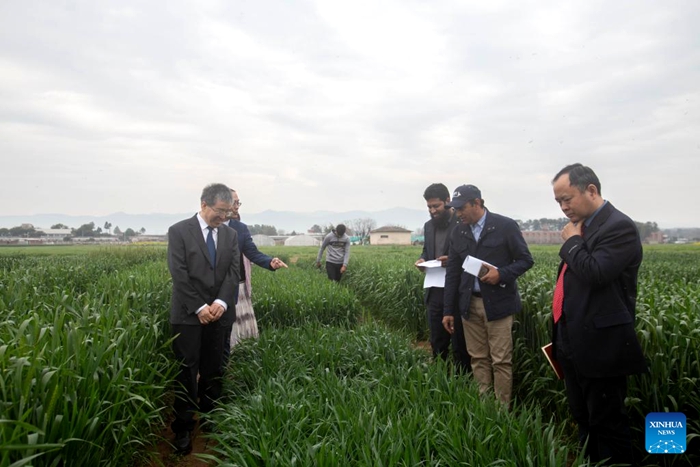
Chinese and Pakistani researchers inspect an experimental field developed by the China-Pakistan Joint Wheat Molecular Breeding International Lab in Islamabad, Pakistan, March 7, 2024.
With wheat being a staple food crop of Pakistan, dominating all crops in terms of acreage, production and consumption, cooperation between Pakistan and China in enhancing the yield and quality of the major supply has ensured Pakistan's food security and helped in achieving the Sustainable Development Goals (SDGs) of the United Nations, experts have said.




